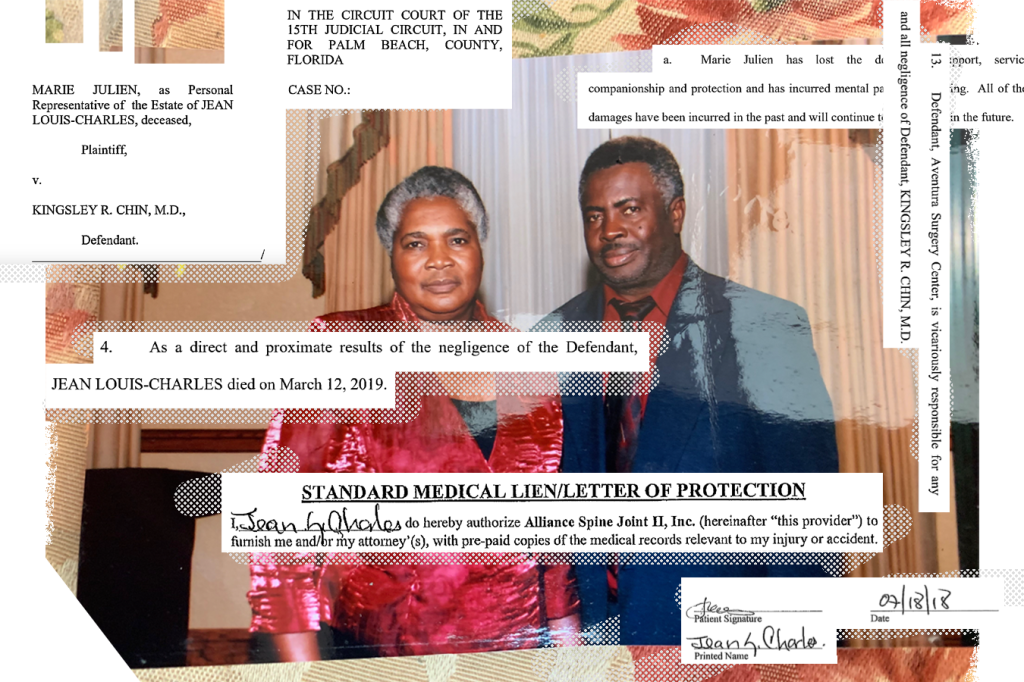“Watch for genAI to analyze an individual’s clinical history.”
“Digital prior authorization will take center stage as expectations for 24-hour approvals become real.”
“Intelligent automation is poised to unlock efficiencies across the board.”
“We may likely see the burnout of patients and the health systems striving to fend off cyber threats without the resources to do so.”
These are just a few of the predictions for 2024 from four information technology experts gathered by Healthcare IT News to give their top thoughts on the year ahead.
 Joe Gagnon, CEO of 1upHealth
Joe Gagnon, CEO of 1upHealth
Joe Gagnon, CEO of 1upHealth, vendor of a FHIR platform for claims and clinical data acquisition, exchange and computation, is optimistic about new process improvements.
“We will hit an inflection point in 2024 when CMS compliance initiatives start to trigger value realization in areas of process automation and improved decision-making. We will see a significant increase in the combination of claims and clinical data used to help close gaps in care and overall improved risk management.
“Next year we will see more connections to EHRs become available, and the industry will leverage the cloud for real-time health data access and transfer.”
 Sonia Singh, chief insights officer at AVIA
Sonia Singh, chief insights officer at AVIA
Sonia Singh, chief insights officer at AVIA, a market intelligence and advisory services firm that works with 50 health systems to advance digital transformation, sees a big future for AI-enabled automation.
“Automate everything you can. As health systems confront the mismatch between legacy workflows and the evolving demands of modern healthcare, the pursuit of automation opportunities is becoming an imperative.”
Automation, meanwhile, will unlock efficiencies, from AI-driven diagnostics and robotic process automation in patient intake to smart scheduling systems that optimize staff allocation. Tangible ROI and workforce enablement will drive adoption of these technologies.”
 Venkatgiri Vandali, president of healthcare and life sciences at Firstsource
Venkatgiri Vandali, president of healthcare and life sciences at Firstsource
Venkatgiri Vandali, president of healthcare and life sciences at Firstsource, a transformational technology and services vendor for healthcare and other industries, sees more progress from generative AI.
“Healthcare organizations will create intelligent new stakeholder experiences using generative AI capabilities to get more utility from their data stores. AI’s ability to identify trends and patterns for individuals will result in personalized recommendations.”
GenAI, meanwhile, will be able to analyze clinical history, as well as demographic and social determinant data, “and recommend health plan benefits tailored to the person’s likely needs,” he added. “Expect healthcare organizations to use genAI to make patient and member surveys more fluid, with questions changing in real time based on responses.
“Look for organizations to use genAI to create personalized care plans and patient education plans based on that data. More comprehensive and accurate data should lead to earlier intervention and improved health and process outcomes.”
 Brad Marsh, executive vice president of government health security and technology at First Health Advisory
Brad Marsh, executive vice president of government health security and technology at First Health Advisory
Brad Marsh, executive vice president of government health security and technology at First Health Advisory, a digital health risk assurance firm, sees fundamental shifts in where patients receive care.
“The continual increase in ransomware and other hacking events impacting health systems has created an unsustainable reality for the provider organizations and the patients themselves.
“We often hear of clinician burnout. But in 2024, driven by a perception of better care, the fatigue from the last 10 years will drive patients with the ability to pay more for healthcare to the health systems able to pay for effective cybersecurity. This migration of patients and funds will broaden the already wide divide between the haves and have-nots.”
Follow Bill’s HIT coverage on LinkedIn: Bill Siwicki
Email him: bsiwicki@himss.org
Healthcare IT News is a HIMSS Media publication.
Note: This article have been indexed to our site. We do not claim legitimacy, ownership or copyright of any of the content above. To see the article at original source Click Here













